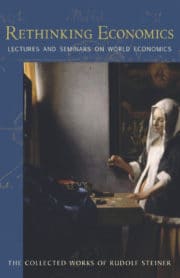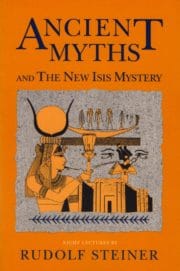Common Wealth: For a Free, Equal, Mutual, and Sustainable Society
From bitter searching of the heart
We rise to play a greater part
This is the faith by which we stand
Men shall know common wealth again
—Leonard Cohen (Villanelle for Our Time)
What social future do we want, and how do we get there? Common Wealth analyzes how the market has taken over the state and public services, while education and health have become “industries” and profit-making businesses. Toxic, neoliberal capitalism was unleashed during the 1980s and 1990s, only to crash in the worldwide financial melt-down beginning in 2007 and followed by public bail-outs of financial institutions.
Common Wealth proposes an alternative: a tripolar model of society, made up of government, civil society, and business, all of which work in cooperation to build a freer, more equitable, and sustainable society. The author describes ways of building common wealth, such as transforming capitalism for individual initiative and public benefit.
C O N T E N T S:
About the Author
Foreword
Part 1: Remaking Society
1. What Social Future Do We Want?
2. Remaking Society
3. Tripolar Society: Government, Business, and Civil Society
Part 2: From Capitalist to Civil Society
4. The Emergence of Civil Society: Restoring Fences
5. Capturing the State
6. Capturing Culture
7. Capitalism Unleashed: The Seizure of Common Wealth
Part 3: Redrawing Boundaries
8. Transforming Capitalism
9. Citizen’s Income: Social Inclusion and Common Wealth for All
10. Land for People, Homes and Communities
11. Freeing Education
12. Common Wealth: Leading from the Social Future as It Emerges
Appendices:
1. Tools for Cross-sectional and Trisectional Partnership Building
2. Feedback and Next Steps
3. Governing and Reclaiming the Commons
Notes
Resources
Glossary of Terms
Index
About the Author
Martin Large is a facilitator, lecturer, activist and social business enabler, chairing the Community Land Trust National Demonstration Project , 2005-9 and Stroud Common Wealth. Author of Social, Ecology (1981) and Common Wealth (2010).















Reviews
There are no reviews yet